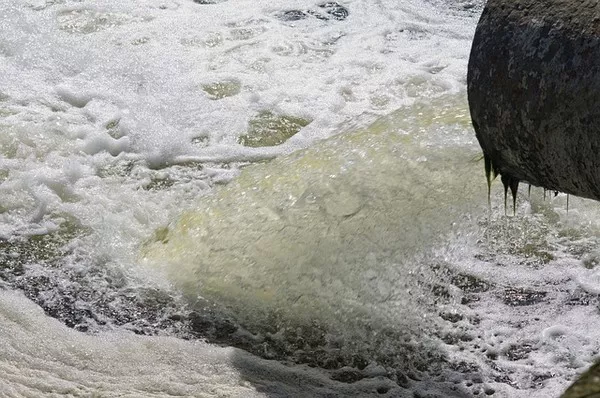A recent study has revealed distressing levels of pharmaceutical pollution in the St. Lawrence River and its major tributaries, particularly in proximity to urban areas and downstream. Conducted by Marc-Antoine Vaudreuil, a doctoral student at the Université de Montréal, under the supervision of environmental chemist Professor Sébastien Sauvé, the research spans a five-year period from 2017 to 2021.
During this comprehensive field research program, surface water samples were collected along a 700-kilometer stretch of the 3,000-kilometer river. Despite the significant dilution effect of the St. Lawrence waters, the study identified troubling concentrations of four compounds—caffeine, carbamazepine, diclofenac, and ibuprofen. These levels pose a moderate-to-high risk to aquatic organisms when exposed chronically, negatively impacting growth and reproduction.
Vaudreuil emphasized that while some concentrations exceeded toxicity thresholds for long-term exposure in aquatic life, there are currently no Canadian environmental standards for most pharmaceutical compounds, except carbamazepine.
“Most of the compounds do not cause immediate harm because they degrade fairly rapidly. However, it appears that chronic exposure can be very toxic, especially to organisms in the early stages of growth, such as newly hatched fish,” explained Vaudreuil.
The study also spotlighted Montreal as a case study, revealing significantly higher concentrations of pharmaceutical compounds downstream of the city. Even 70 kilometers downstream, in Lac Saint-Pierre, traces of contamination were detected. Despite the city’s population of two million, with only one wastewater treatment plant treating 900 billion liters of water annually, Montreal is working on incorporating ozonation technology to remove up to 80 percent of pharmaceuticals. However, this solution comes with a cautionary note from Sauvé, who emphasized the need for a properly designed system, as ozonation can transform pharmaceutical waste into more toxic compounds.
Sauvé suggested that upgrading wastewater treatment systems is crucial for reducing chemical loads and enhancing water quality in the St. Lawrence, a source of drinking water for millions. In addition to technological advancements, Sauvé advocates for targeted approaches, such as addressing wastewater discharge from pharmaceutical waste-heavy sites like hospitals and nursing homes. On a smaller scale, he commends efforts by the pharmaceutical industry and the public to appropriately dispose of expired and unused medications, emphasizing the importance of using pharmaceuticals wisely to mitigate their impact on water resources.

